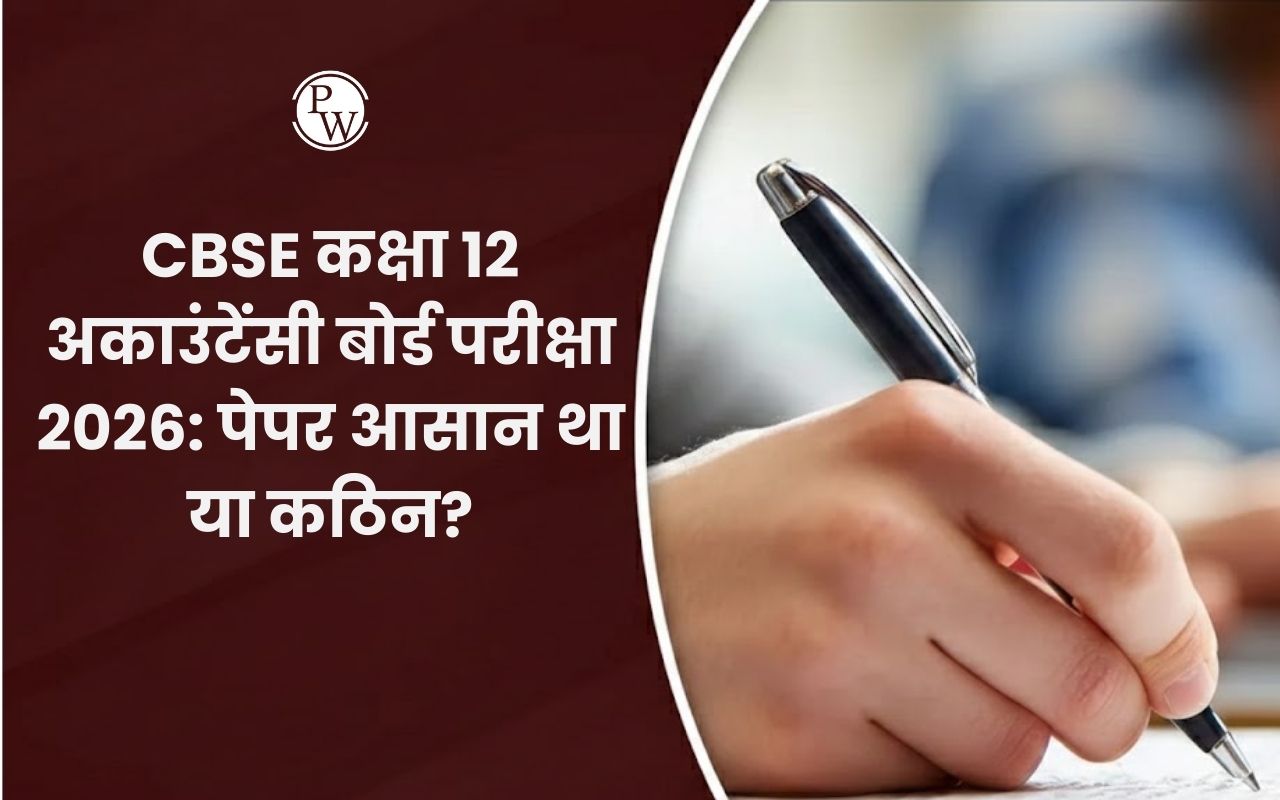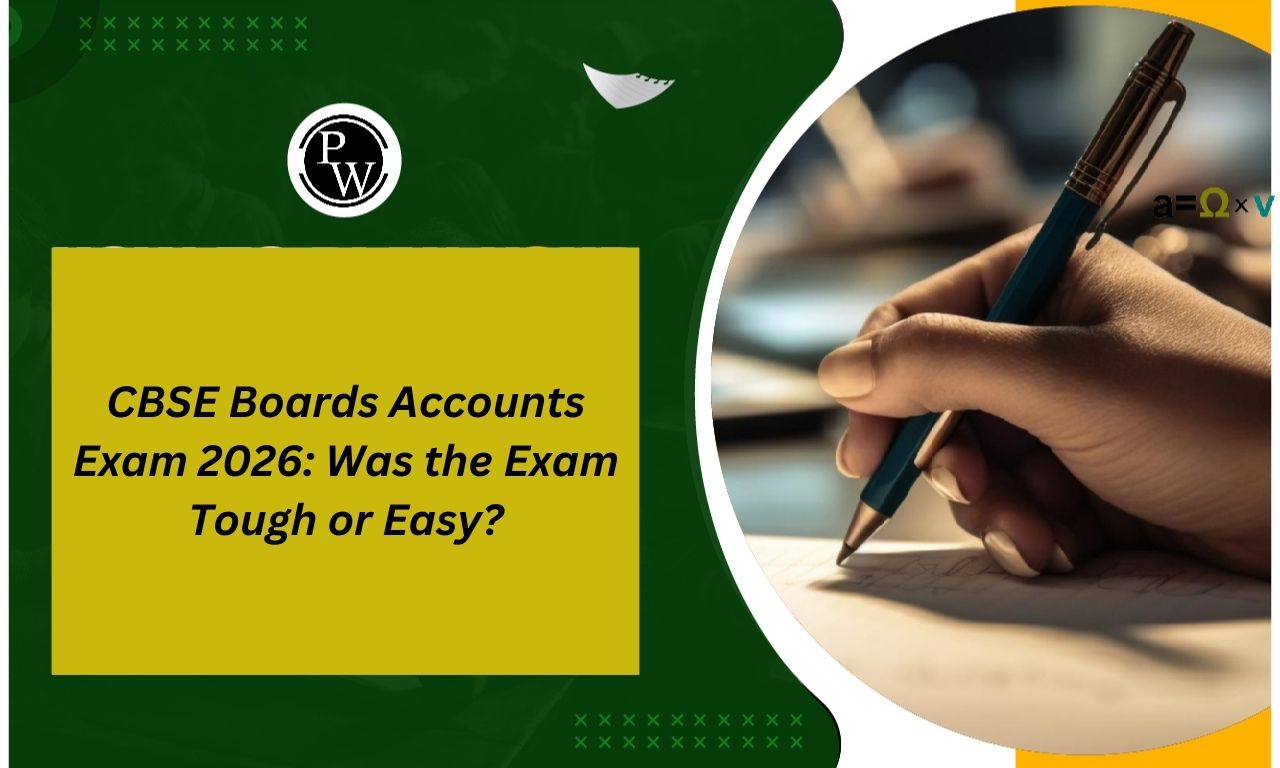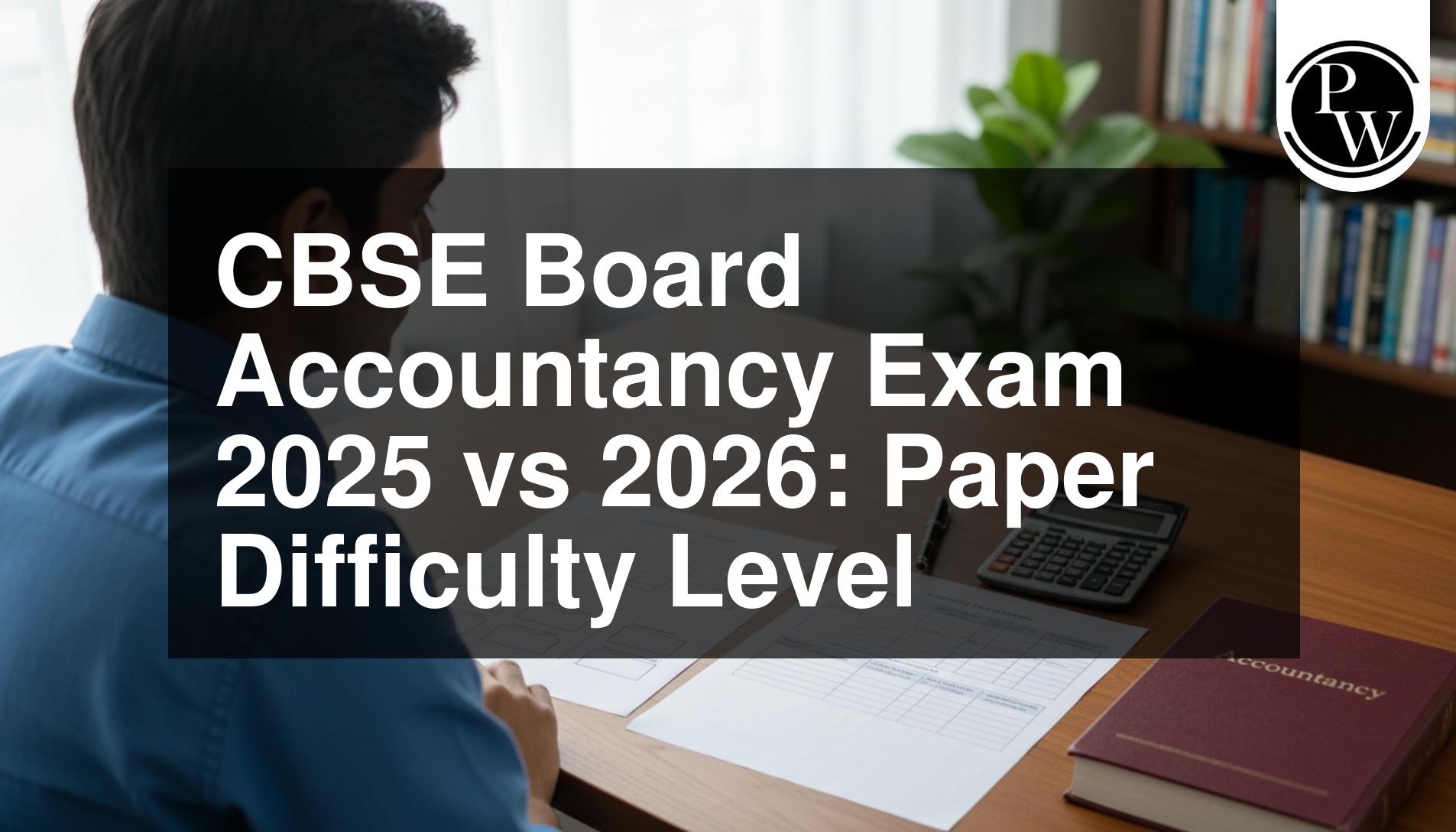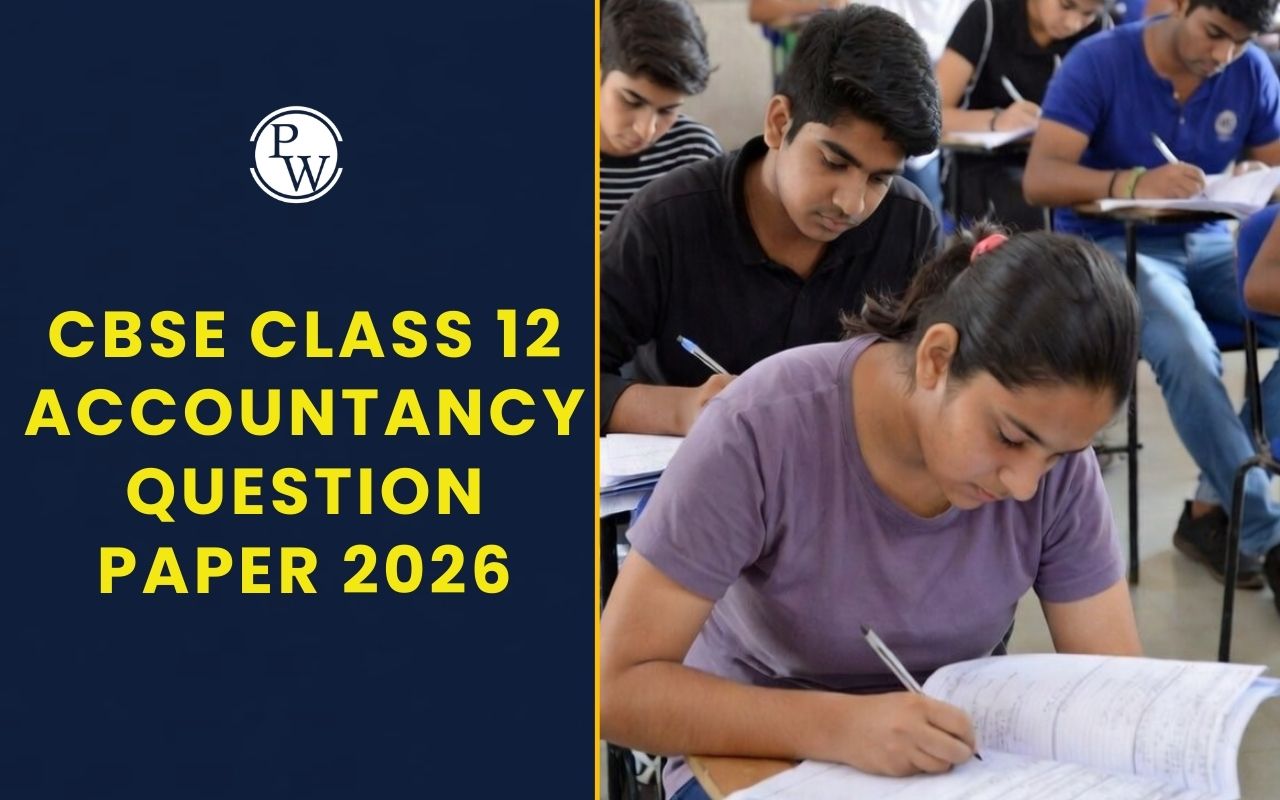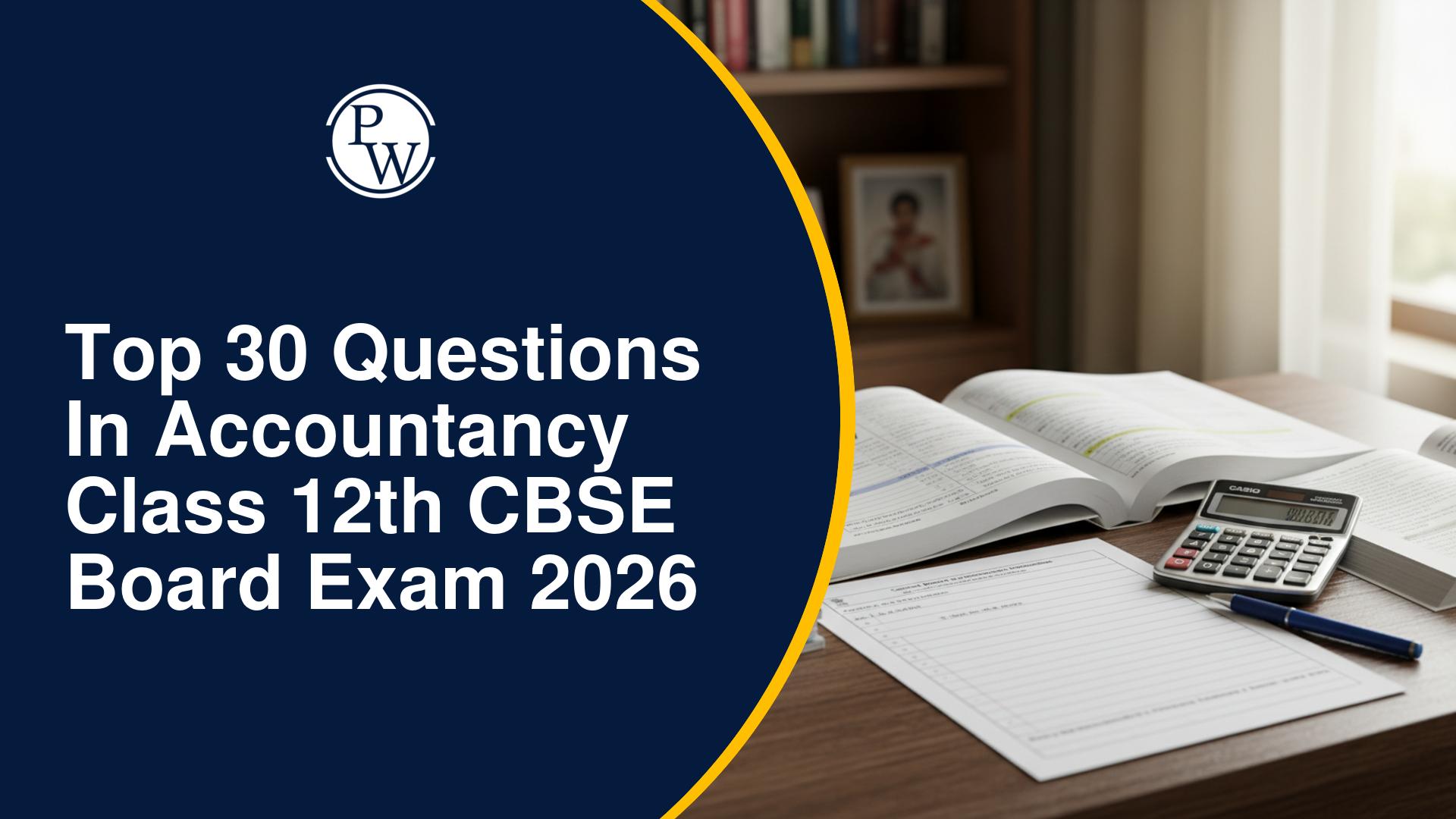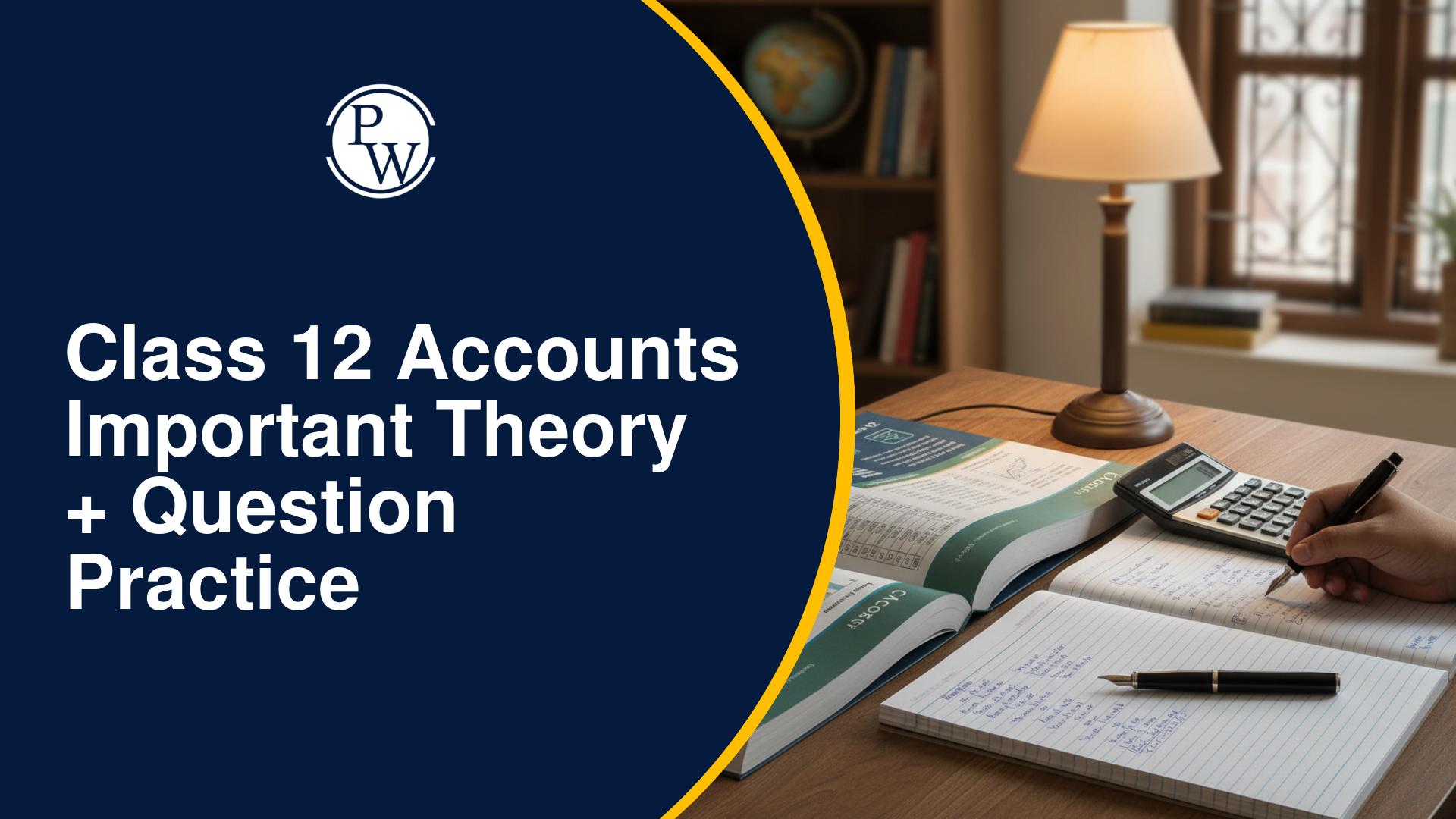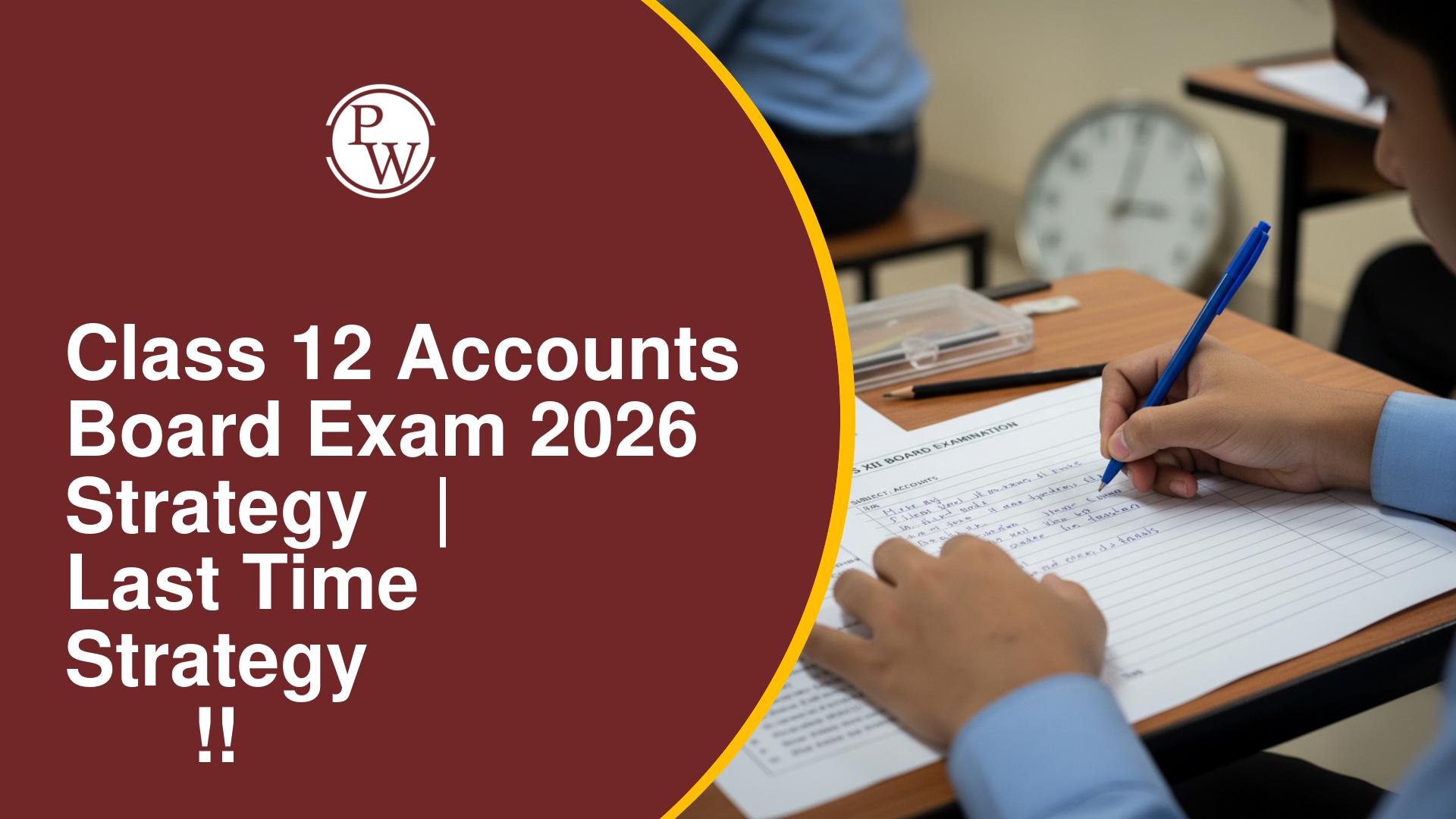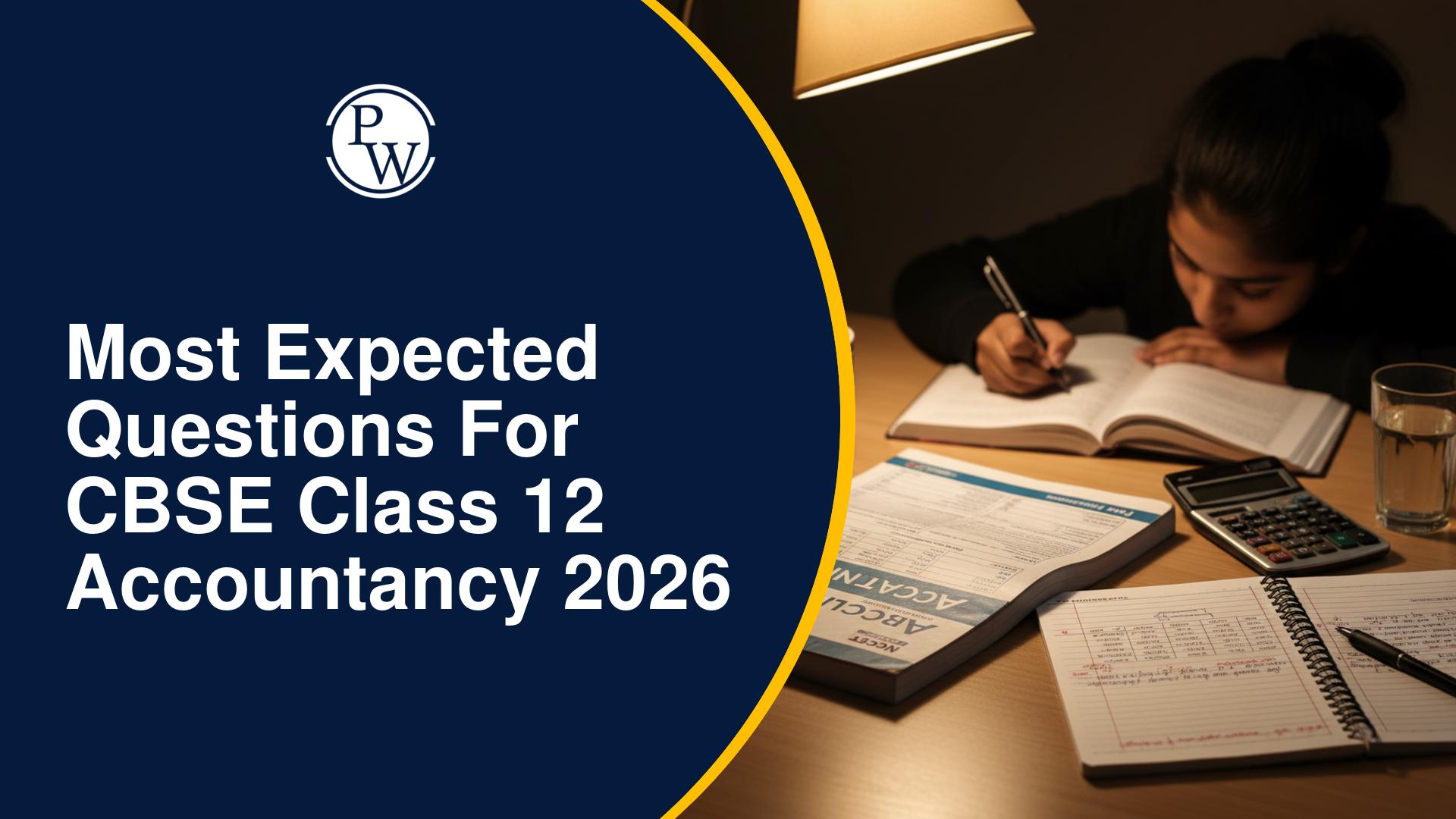
A Bachelor of Commerce, or BCom, is a versatile academic program offering a strong basis for jobs in commerce, business, or banking. This degree also serves as a starting stone for those wanting expertise or higher education, opening various career possibilities. The UGC recognises BCom in different forms, such as Distance, Online, Full Time, and Integrated studies.
Admission to BCom colleges occurs through merit-based screening and admissions tests. At Delhi University, for instance, the CUET Entrance exam is a renowned entrance exam for BCom. Aspiring BCom students need to have finished their 10+2 schooling with a minimum of 50% points and a background in mathematics, statistics, or economics. Notable schools offering BCom studies include SRCC and LSR in New Delhi and Loyola College in Chennai.Bachelor of Commerce
BCom stands for Bachelor of Commerce, a three-year undergraduate program accredited by the Universities Grants Commission (UGC). Students can undertake BCom studies in various formats, including full-time, distance, or online programs. Among Class 12 graduates specializing in Commerce , BCom courses are highly sought after, ranking as the third most popular course in India with nearly 9.33 lakh enrollments, according to a survey report.Bachelor of Commerce Course Highlights
Given below is the general overview of the undergraduate course in commerce stream, Bachelor of Commerce:
| Bachelor of Commerce Course Highlights | |
| Particulars | Details |
| Degree Name | B. Com (Bachelor of Commerce) |
| Degree Type | Undergraduate |
| Degree Duration | 3 years |
| Entrance Exams | Common University Entrance Test Indraprastha University Common Entrance Test |
| Eligibility Criteria | 10+2 in any stream (Mathematics, Statics Compulsory) |
| Admission Process | Direct Merit-based Admission or Based on the Entrance examination |
| Fees for the Entire Duration | Rs. 3,000 to Rs. 50,000 |
| Average Salary | Rs. 4,00,000 LPA |
| Job Profiles | Accountant, Banking, Taxation, Business, Management, Chartered Accountant, Company Secretary |
| Top Recruiters | Ernest and Young, LIC, HDFC, Deloitte, Punjab National Bank, Citibank, SBI, KPMG |
Why Study BCom?
Wide-Ranging Knowledge: A B.Com degree offers a comprehensive grasp of key commerce areas like accounting, finance, marketing, management, economics, and business law.
Diverse Career Paths: B.Com graduates are sought after in numerous sectors, including finance, banking, consulting, retail, manufacturing, and technology.
Hands-On Skills: B.Com programs focus on practical skills essential for the business world. Students gain expertise in analyzing financial statements, managing budgets, conducting market research, making strategic decisions, and communicating effectively in professional environments.
Bachelor of Commerce Admission 2024
Students aiming to pursue a BCom degree program in 2024 after their 10+2 should have obtained a minimum of 50 percent marks from a recognised school. Admission procedures vary, with certain colleges employing merit-based selection, while some universities consider CUET UG marks.- Typically, BCom admissions do not involve an entrance test; instead, admissions are primarily based on merit.
- However, a few colleges may conduct their own entrance examinations for admission to the BCom degree program.
- BCom degrees are available in full-time mode nationwide, although certain colleges also offer the option of pursuing the degree through distance education.
Bachelor of Commerce Eligibility Criteria
Aspiring students aiming for BCom entrance must hold specific skills and meet qualifying requirements. Colleges set cut-off numbers, and candidates must achieve a score equal to or more than the cut-off to be granted entry. The cut-off numbers are gradually dropped by colleges until any remaining seats are taken. Private colleges have the flexibility to accept candidates directly, regardless of their grades. While each college may have different selection criteria and entry methods, the basic requirements for taking the course include:- Completion of 10+2 schooling. The required percentage, however, changes among various colleges.
- Studying Commerce in Class 11 and 12 is a must, with compulsory courses such as Accountancy, Business Studies, Maths (optional), and/or Economics.
- Meeting the minimum cutoff score stated by the university or college is necessary for entry.
Career Opportunities After BCom
Upon finishing the BCom program, various career paths become available, giving instant job opportunities. A job in business offers significant growth possibilities due to a continuous demand for skilled workers. Here, we describe the various job choices after a Bachelor of Commerce:Chartered Accountant (CA):
As a professional in this job, a Chartered Accountant takes tasks covering accounting, reporting, taxes, and financial and management aspects for individuals or groups. This field is highly respected, sought after, and offers considerable difficulties.Company Secretary (CS):
A Company Secretary is important for ensuring efficient corporate governance when occupying a top post in private-sector companies or public-sector organizations. Companies seek people with skills and experience that match the size and difficulties of their business.Cost and Work Accountant (CWA):
A Cost and Work Accountant is a professional responsible for collecting, reviewing, and studying financial information from different perspectives. Interpreting these numbers for management, CWAs play a vital part in company plans and planning in modern business scenarios.Bachelor of Commerce Syllabus Semester Wise
The six semesters that make up the BCom syllabus are shown below, along with the topics that are taught in each semester according to the course curriculum:
| Bachelor of Commerce Syllabus Semester Wise | |
| Semester I | Semester II |
| Environmental Studies | Language: English/Hindi/Modern Indian Language |
| Financial Accounting | Business Law |
| Business Organization and Management | Business Mathematics and Statistics |
| English Language | |
| Semester III | Semester IV |
| Company Law | Business Communication (English/Hindi) |
| Income Tax Law and Practice | Corporate Accounting |
| Computer Applications in Business | Cost Accounting |
| Financial Analysis and Reporting | E-Commerce |
| Semester V | Semester VI |
| Human Resource Management | Corporate Tax Planning |
| Principles of Marketing | Banking and Insurance |
| Auditing and Corporate Governance | Management Accounting |
| Fundamentals of Financial Management | Computerized Accounting System |
| Indirect Tax Law | International Business |
| Entrepreneurship |
Elective Subjects |
| Principles of Microeconomics | Office Management and Secretarial Practice |
| Fundamentals of Investment | |
| Consumer Protection | |
| Personal Selling and Salesmanship | |
| Indian Economy | |
Specializations in Bachelor of Commerce
Students seeking to build work in the field of Commerce have the option to choose from varied fields offered in BCom courses. The choice of a Bachelor of Commerce plays a key part in setting the path of one's professional life. Ultimately, it is up to the students to decide whether they wish to pursue a job in accountancy, taxation, or banking. Given below is a list of specialization courses offered in BCom:- B. Com Computer Applications
- BCom Banking Management
- B. Com Marketing
- B. Com Accountancy
- B. Com Applied Economics
- B. Com Accounting and Finance
- B. Com Corporate Secretaryship
- B. Com E-Commerce
- B. Com Banking and Finance
- B. Com Banking and Insurance
- B. Com Financial Accounting
- B. Com Financial Markets
- B. Com Tax Procedure and Practice
Bachelor of Commerce Salary Packages
Usually, people having a BCom degree receive an average salary ranging from Rs. 2 lakhs to Rs. 8 lakhs. The salary of a BCom student is based on the business of work and their role within the company. Moreover, BCom salaries vary and can rise with higher education in the field or expertise, such as in areas like accounting, analysis, or consultancy.
| Bachelor of Commerce Salary Packages | |
| Job Profiles | Average Salary |
| Chartered Accountant (CA) | Rs. 7-9 LPA |
| Company Secretary (CS) | Rs. 6.5-8.5 LPA |
| Cost and Work Accountant (CWA) | Rs. 7.5-9 LPA |
Bachelor of Commerce FAQs
Is B. Com a 4 year degree?
What is a B. Com qualification?
What is the subject of B. Com 1st year?
Is there any entrance exam for B. Com in DU?
What are the 6 subjects in BCom?

